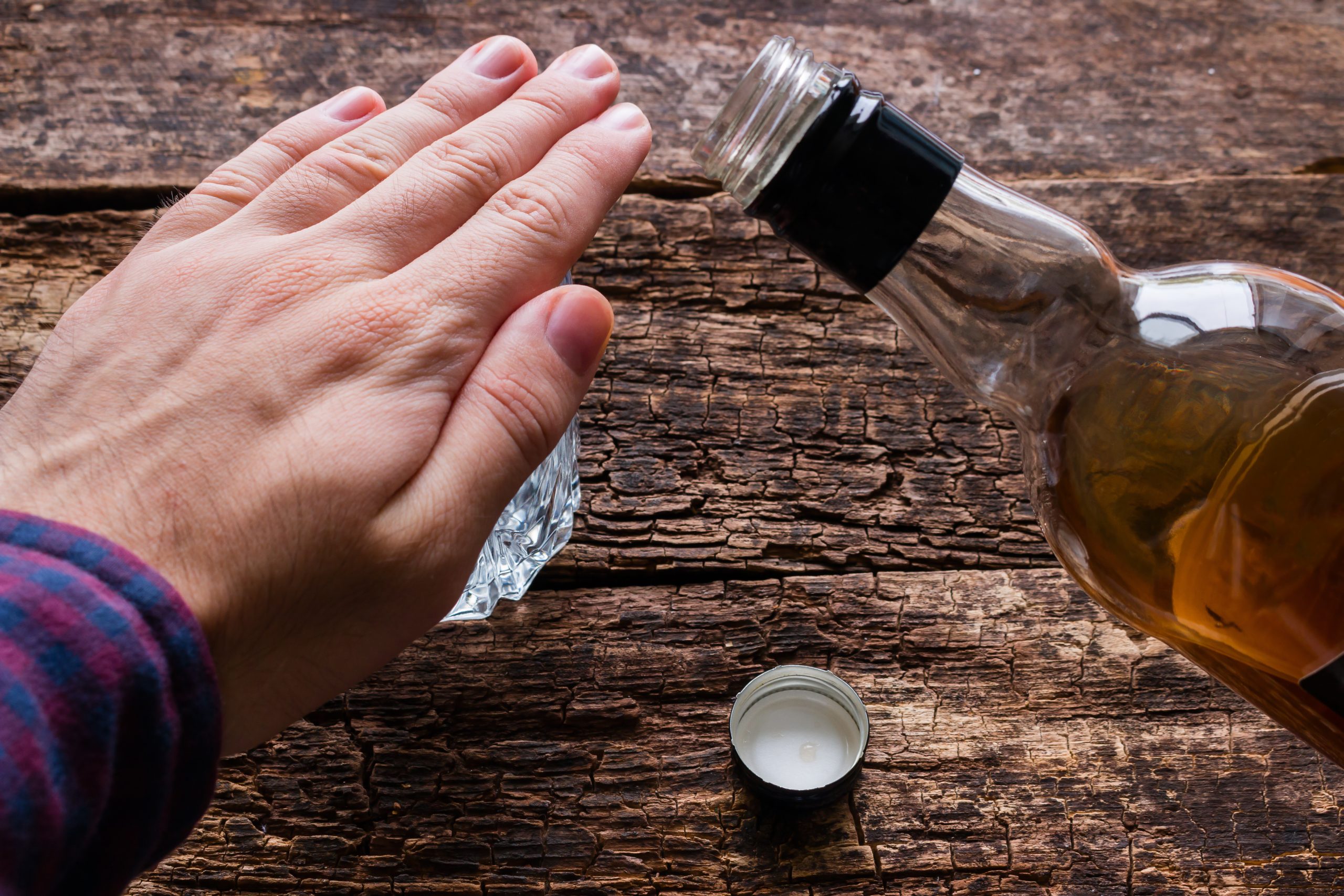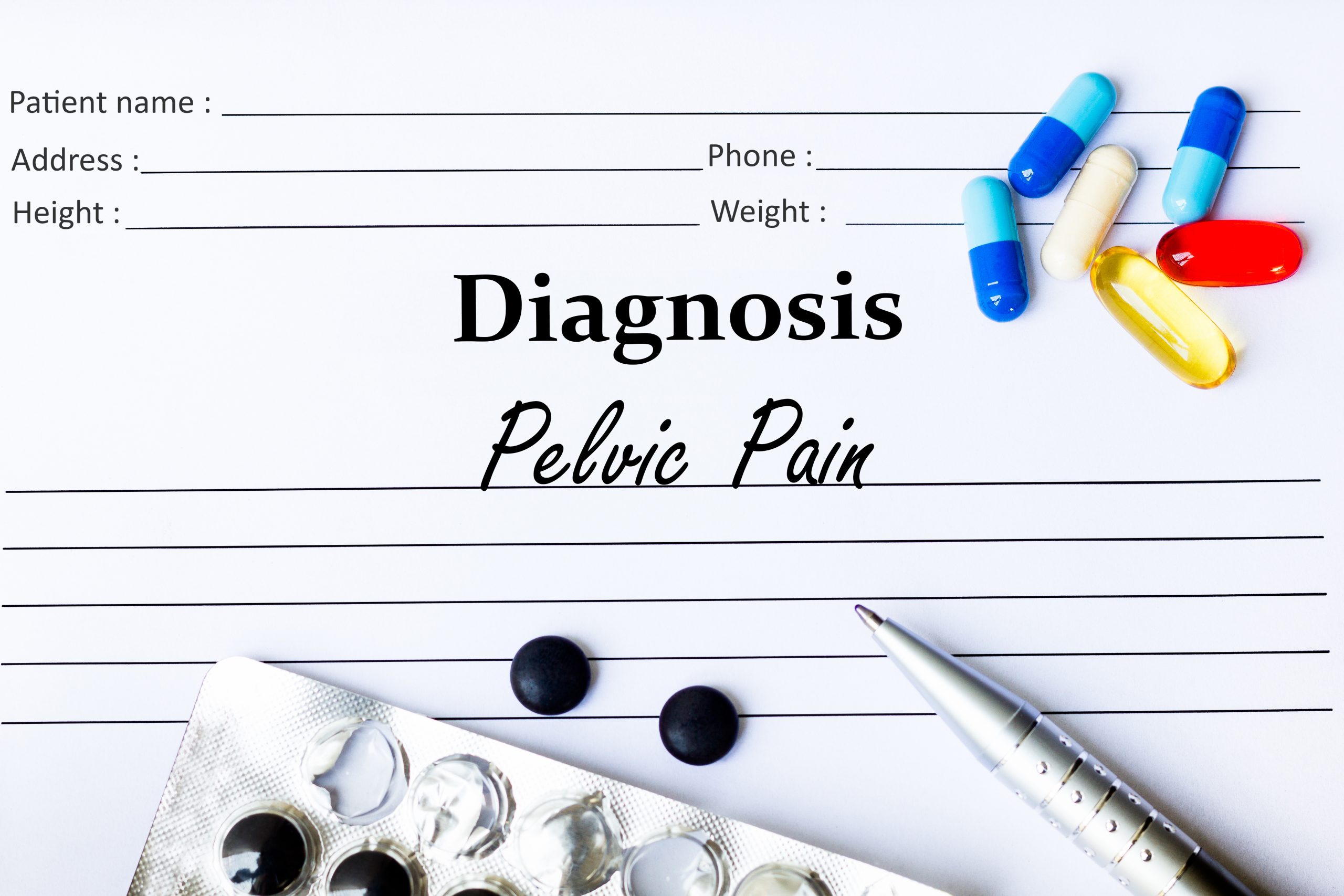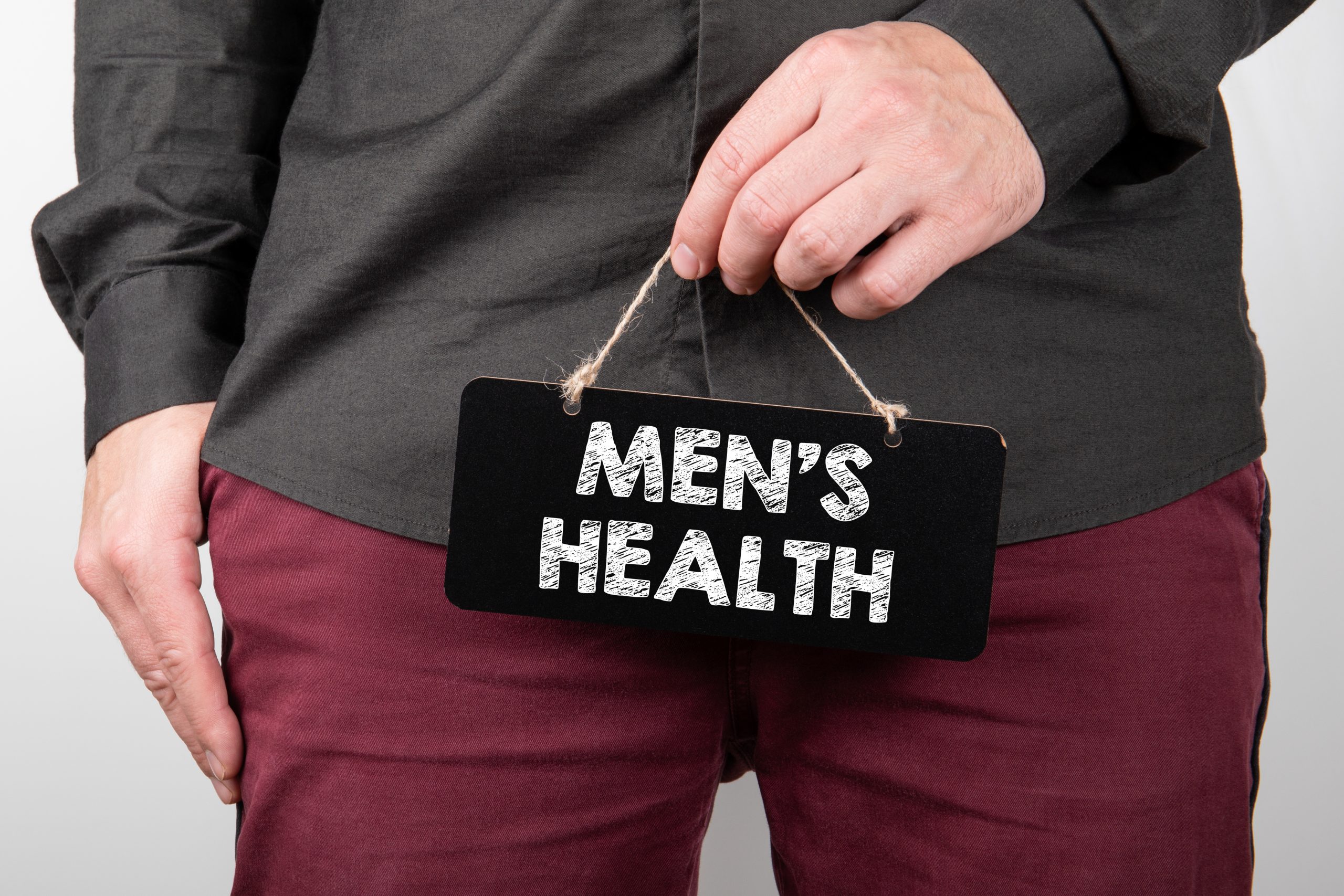Prostate health is a concern for many individuals, particularly as they age. While several factors can influence prostate health, such as genetics and lifestyle choices, the consumption of alcohol has been a topic of interest in relation to prostate health. In this article, we will explore the impact of alcohol on prostate health and help you understand the connection between the two.
- Increased Risk of Prostate Conditions: Excessive alcohol consumption has been linked to an increased risk of certain prostate conditions, including benign prostatic hyperplasia (BPH) and prostate cancer. Studies have shown that heavy alcohol consumption can contribute to prostate enlargement and inflammation, both of which are associated with BPH. Additionally, alcohol consumption, particularly heavy or chronic drinking, has been linked to an increased risk of developing aggressive forms of prostate cancer.
- Hormonal Imbalances: Alcohol consumption can disrupt hormone levels in the body, including those related to prostate health. Alcohol can increase estrogen levels and decrease testosterone levels, leading to hormonal imbalances. Testosterone plays a crucial role in maintaining prostate health, and imbalances can contribute to prostate enlargement or the development of prostate cancer.
- Impact on Antioxidant Levels: Antioxidants are essential for protecting cells from damage caused by free radicals, which can contribute to the development of various health conditions, including prostate issues. Alcohol consumption can deplete antioxidant levels in the body, impairing the body’s natural defense mechanisms against oxidative stress. This can potentially increase the risk of prostate damage and inflammation.
- Increased Inflammation: Chronic alcohol consumption can lead to inflammation throughout the body, including the prostate gland. Inflammation is a key factor in the development and progression of prostate conditions, and alcohol-induced inflammation may contribute to prostate enlargement, tissue damage, and an increased risk of prostate cancer.
- Urinary Symptoms: Alcohol is a diuretic, meaning it increases urine production and can lead to more frequent urination. This can contribute to bothersome urinary symptoms, such as increased urgency, frequency, and nighttime urination, which are often associated with prostate conditions like BPH. Excessive alcohol consumption can exacerbate these symptoms and impact overall prostate health.
- Interference with Medications: For individuals already diagnosed with prostate conditions, alcohol consumption can interfere with medications prescribed for their management. Certain medications used to treat prostate issues, such as alpha-blockers or 5-alpha-reductase inhibitors, may not interact well with alcohol. This can potentially reduce the effectiveness of the medication or increase the risk of side effects.
- Dehydration and Nutrient Deficiencies: Alcohol is a dehydrating beverage that can lead to fluid loss and electrolyte imbalances in the body. Chronic dehydration can affect prostate health by impairing the body’s natural detoxification processes and reducing overall nutrient absorption. It is important to maintain proper hydration to support prostate health.
- Lifestyle Factors: Alcohol consumption often goes hand in hand with other lifestyle factors that can impact prostate health, such as smoking and poor dietary choices. These combined factors can have a compounding effect on prostate health and increase the risk of developing prostate conditions.
- Moderation is Key: While excessive alcohol consumption can have negative effects on prostate health, it is important to note that moderate alcohol consumption may not have the same impact. Moderate alcohol intake is typically defined as up to one drink per day for men. It is crucial to maintain a healthy balance and practice moderation when consuming alcohol to minimize potential risks.
- Individual Variations: It is essential to recognize that individual responses to alcohol can vary. Some individuals may be more susceptible to the negative effects of alcohol on prostate health due to factors such as genetics, overall health, and lifestyle choices. It is always advisable to consult with a healthcare professional regarding your












